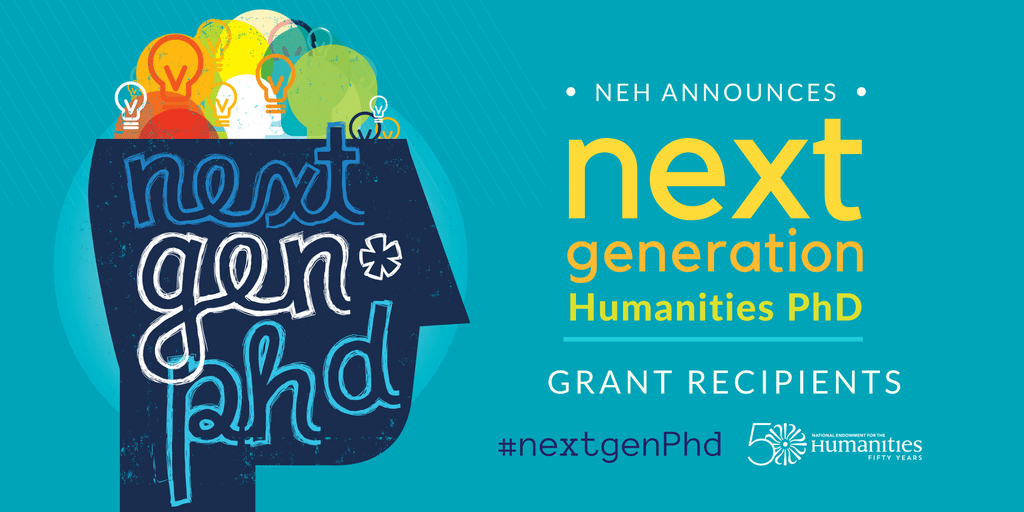 Today’s PhD students in the humanities face a different set of questions and opportunities than earlier generations did. In the digital age, is a written dissertation still important? How do social media and blogs affect scholarship and graduate training? How does one prepare for, and perhaps create, careers outside of academia?
Today’s PhD students in the humanities face a different set of questions and opportunities than earlier generations did. In the digital age, is a written dissertation still important? How do social media and blogs affect scholarship and graduate training? How does one prepare for, and perhaps create, careers outside of academia?
With the help of a prestigious grant from the National Endowment for the Humanities (NEH), a team of scholars and doctoral students at the University of Iowa will spend the 2016-2017 academic year exploring those questions. The project director is Judith Pascoe, Professor of English and Senior Scholar of Digital Arts & Humanities Research.
The $25,000 year-long grant—matched by $25,000 in funding from the UI Office of the Vice President for Research & Economic Development—is part of the NEH’s “Next Generation Humanities PhD” initiative. The UI is one of 28 colleges and universities nationwide that together received almost $1.7 million in funding through the initiative in 2016.
Not surprisingly for a university with the nation’s top writing programs, Pascoe’s team’s project is focused on the varied, and expanding, forms of writing and rhetoric that are part of a modern graduate education. Titled “The Newly Composed PhD: Writing Across Careers,” the project will engage faculty, staff, and doctoral students from the departments of English, History, Classics, and Rhetoric, and the Division of World Languages, Literatures & Cultures, all part of the College of Liberal Arts & Sciences. The Graduate College, UI Libraries, Obermann Center for Advanced Studies, Digital Scholarship and Publishing Studio, and Center for the Book are also collaborating.
The grant activities will revolve around a series of symposia, at which team members, often accompanied by a visiting expert, will give a public presentation and lead a smaller work session. The provisional topics of the seven symposia are The Dissertation; The Elevator Pitch; The Footnote; The Tweet; The Blog; The CV and the Resume; and, as a culmination of the aforementioned sessions, Imagining an Interdisciplinary Graduate Methods Class.
The UI’s grant is a planning grant, designed to lay the groundwork for instituting wide-ranging changes in humanities doctoral programs. At the conclusion of the planning grant period, Pascoe and her colleagues will produce a white paper, which could be the catalyst for a much larger implementation grant in future years through the NEH program.
The NEH is an independent federal agency that funds humanities projects in fields such as art history, literature, philosophy, and archaeology. Created in 1965, the NEH awards grants three times a year to top-rated proposals as examined by panels of independent reviewers.
For more information on “The Newly Composed PhD: Writing Across Careers,” contact Professor Judith Pascoe at judith-pascoe@uiowa.edu.